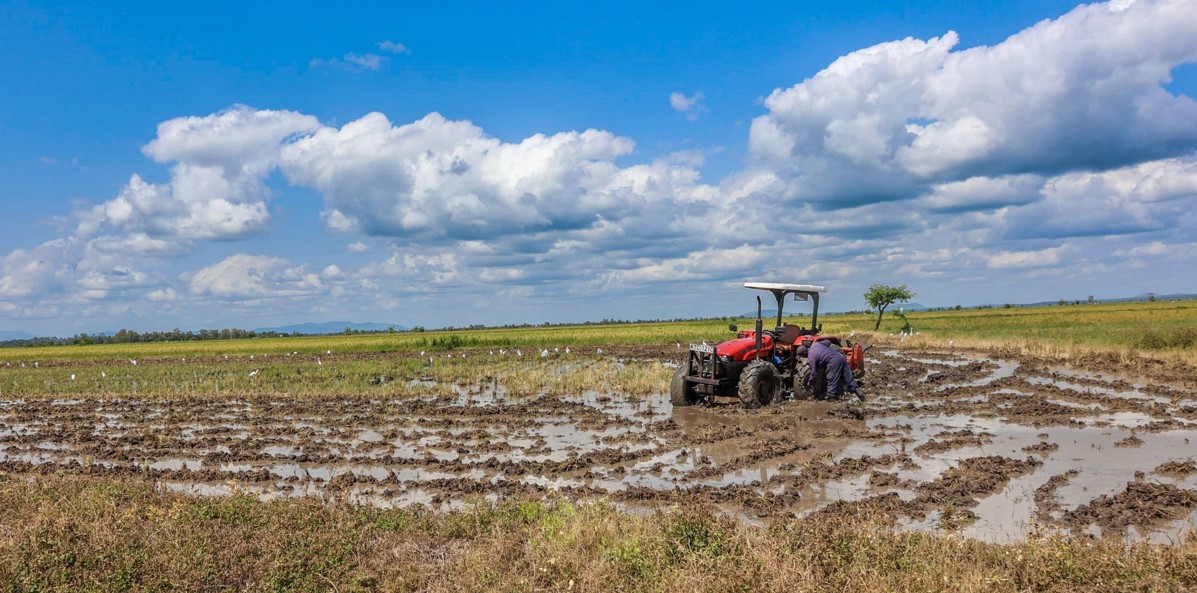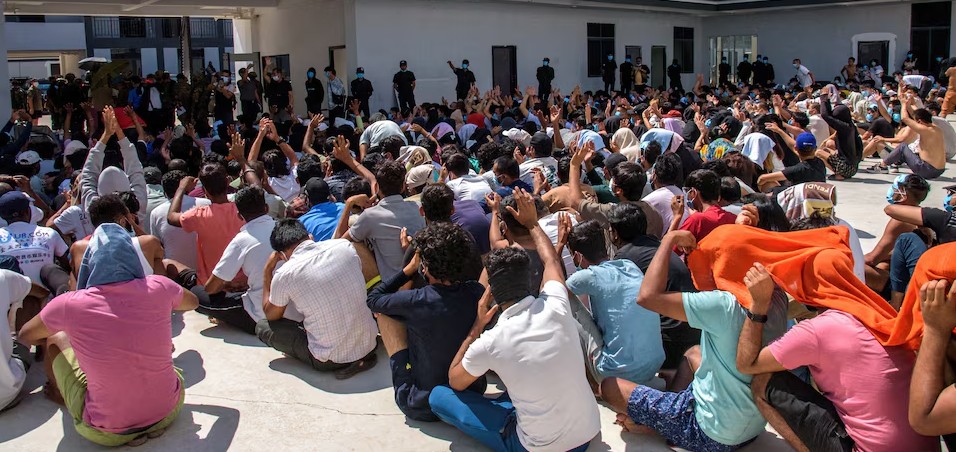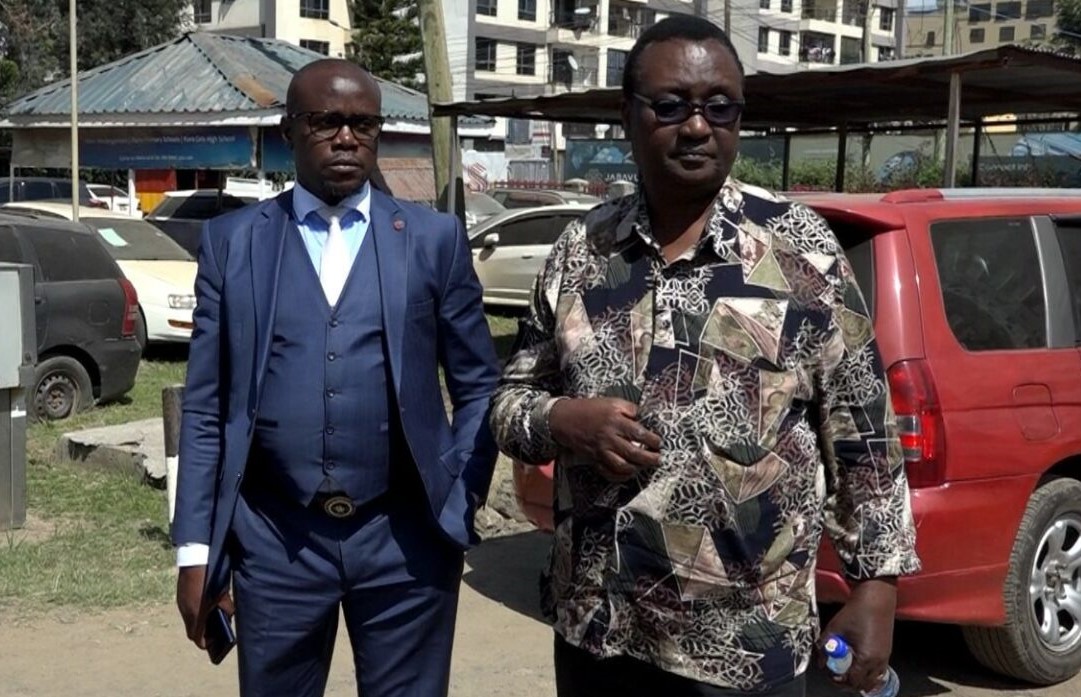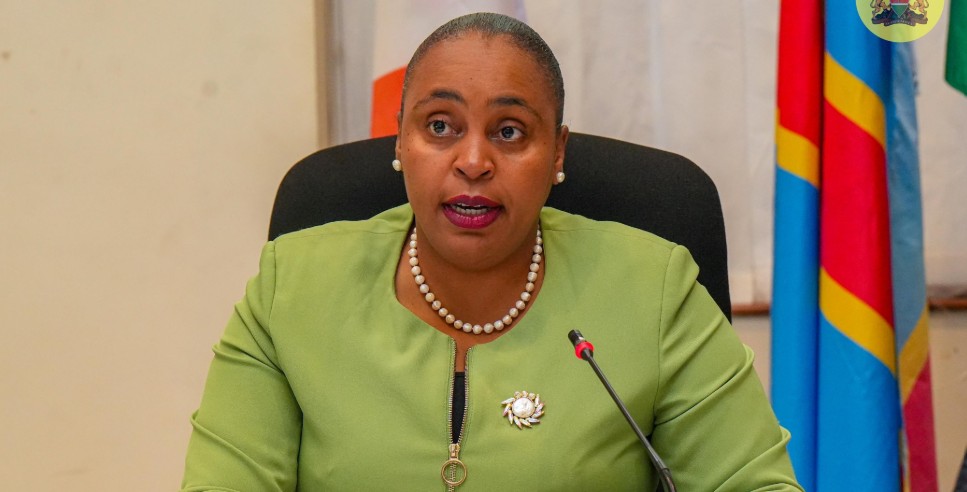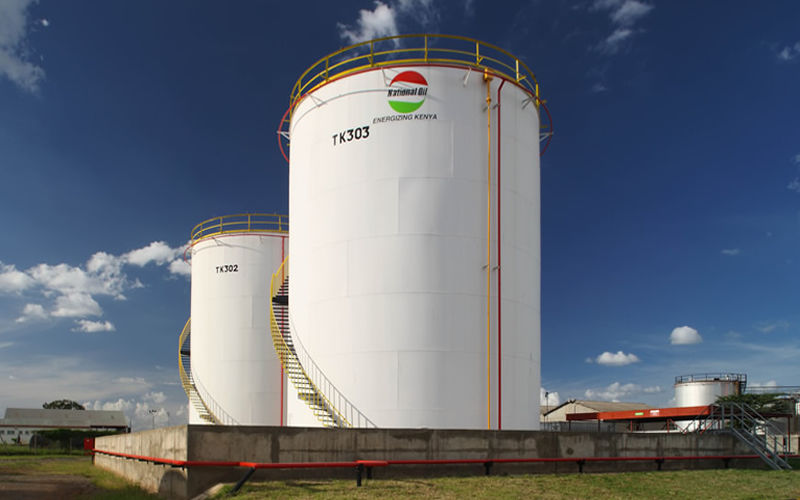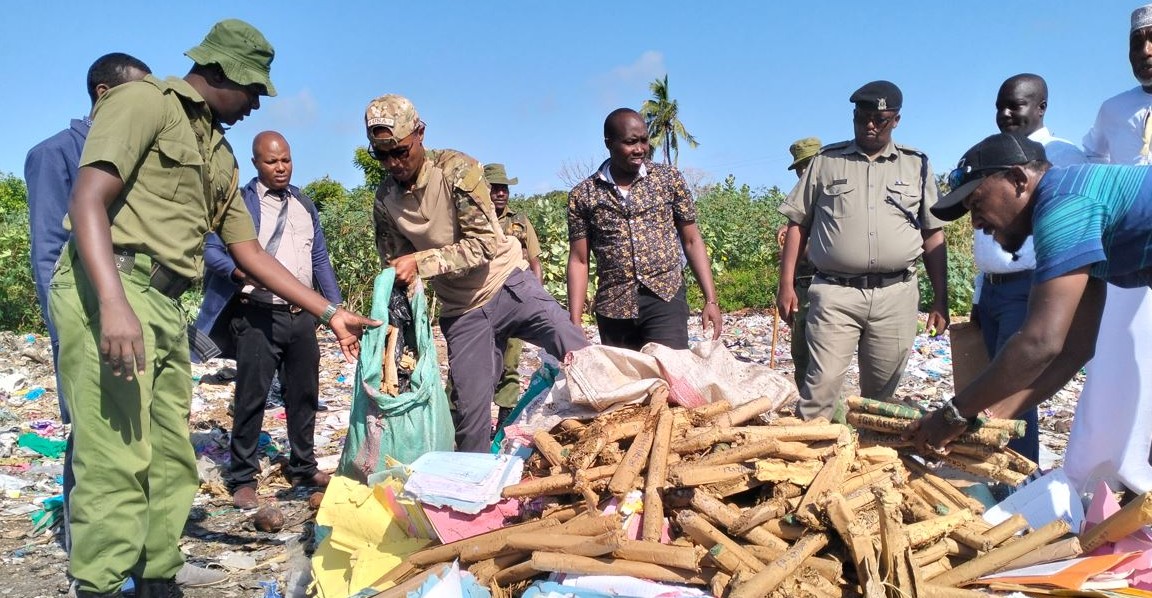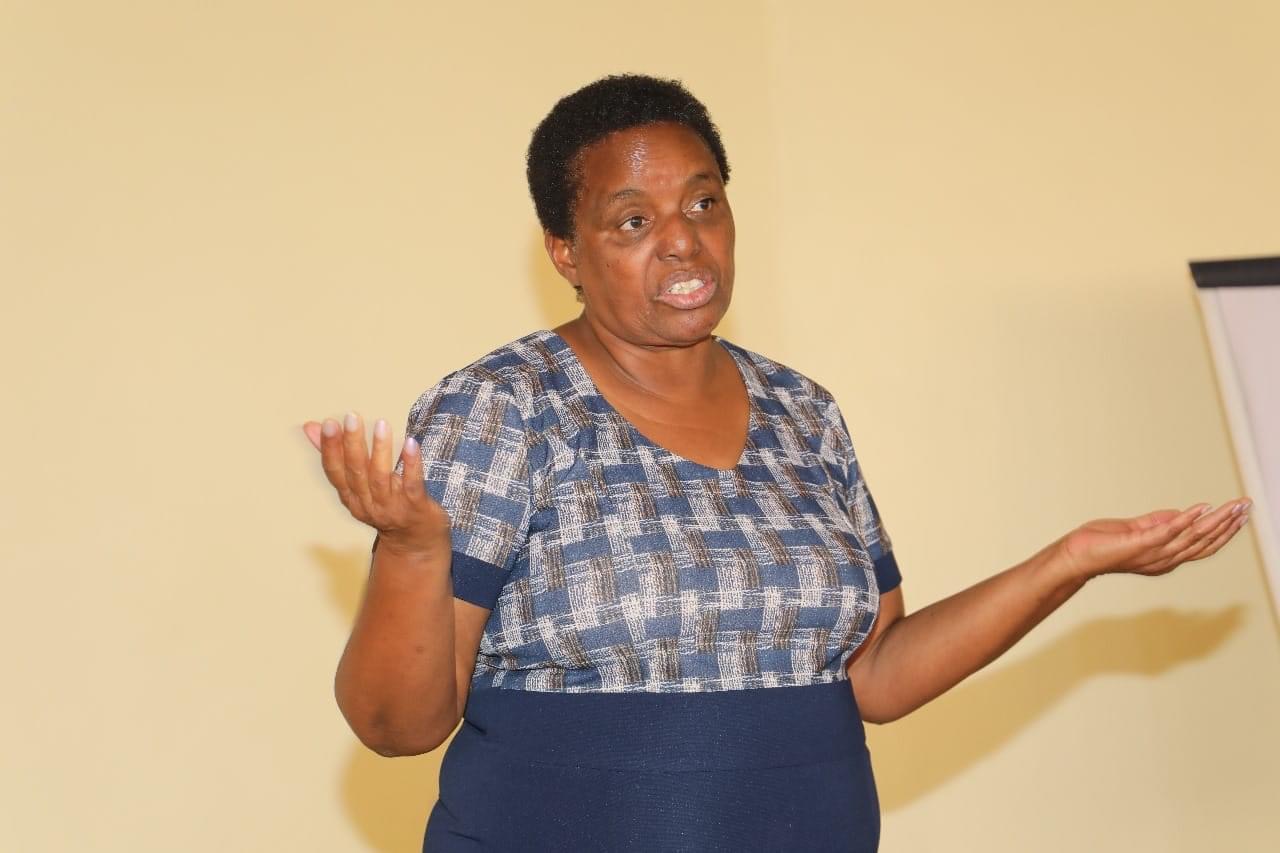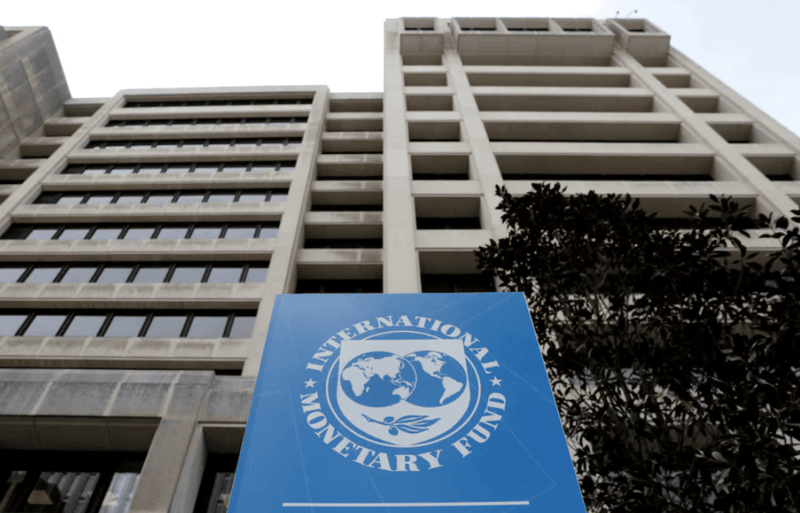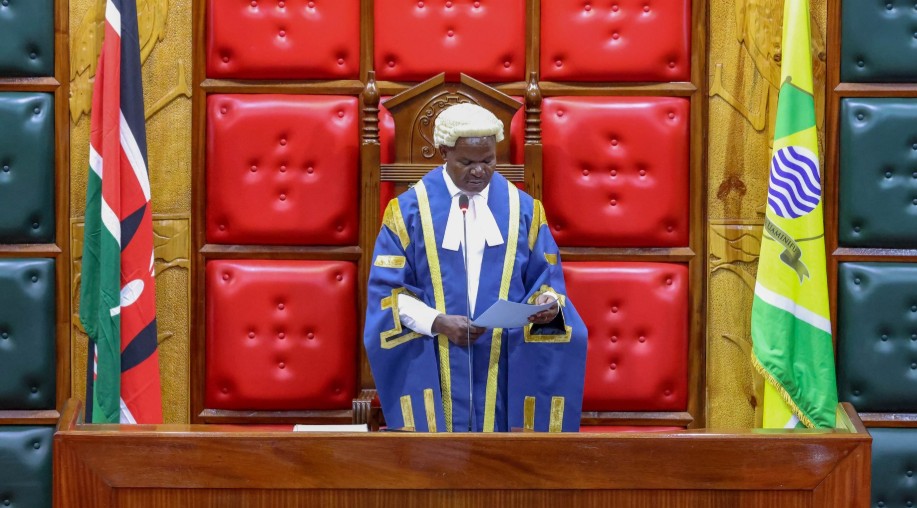Munyakho: Blood money demand dropped from Sh400 million to Sh150 million after court intervention
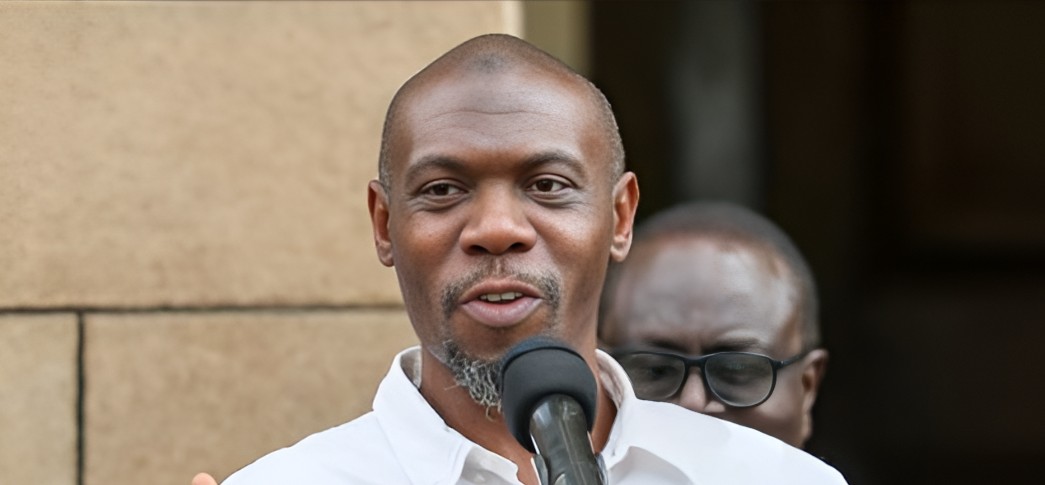
Munyakho explained that although he was originally sentenced to five years and expected to be freed in 2016, his situation changed drastically when Halim’s widow returned to court with her brother.
Stephen Munyakho, a Kenyan citizen recently released after spending 14 years on death row in Saudi Arabia, has revealed new details about his long ordeal.
Speaking to Citizen TV, Munyakho said that the widow of Abdul Halim, his colleague who died following a workplace altercation in 2011, initially demanded Sh400 million in blood money to secure his release. After lengthy negotiations, the demand was eventually reduced to Sh150 million.
More To Read
- Stephen Munyakho recounts how he narrowly escaped execution in Saudi Arabia
- Kenya in push to repatriate over 1,000 citizens jailed abroad
- "I lacked patience": Stephen Munyakho regrets fatal altercation in Saudi Arabia that changed his life
- It’s a miracle, says Stephen Munyakho on arrival in Kenya after 14 years in Saudi jail
- Stephen Munyakho to arrive in Kenya tonight after Saudi death row release, Mudavadi confirms
- Stephen Munyakho expected in Kenya later today after release from Saudi death row
Munyakho explained that although he was originally sentenced to five years and expected to be freed in 2016, his situation changed drastically when Halim’s widow returned to court with her brother.
Under Saudi Arabia’s Shariah law, Munyakho said, justice is divided into public rights (handled by the state) and private rights (claimed by victims’ families). In his case, Halim’s widow rejected the state’s standard compensation of 120,000 Saudi riyals and instead demanded execution.
“She declined the blood money offer and said she wanted the death sentence. That’s when the death sentence came into play,” Munyakho said.
“I was supposed to be out in 2016, but private rights overrode the public ruling.”
The widow initially demanded 10 million riyals—about Sh400 million.
Out-of-court settlement rejected
However, the Saudi government rejected any out-of-court settlement, pushing the matter into formal court proceedings. This triggered negotiations, and the figure was eventually reduced to 3.5 million riyals, or approximately Sh150 million.
Relief finally came in early 2025 when the Muslim World League agreed to pay the full amount—about Sh130 million (roughly $1 million).
Following the settlement, Munyakho was released from Shimeisi Prison in Mecca on July 22. He was issued emergency travel documents and deported to Kenya at the expense of the Saudi government.
Harsh prison time
Recalling his time behind bars, Munyakho described the first five years at Briman Prison as harsh due to overcrowding and lack of outdoor activities, though food services were tolerable. He was later moved to a more spacious facility.
He noted that while he was the only Kenyan on death row, he wasn’t alone.
“There were many others, mostly for drug-related offences and manslaughter. Some Saudis, too,” he said.
Munyakho also shared that his death sentence, issued in 2016, wasn’t implemented immediately because Halim’s children were still minors. Under Islamic law, their consent was required for either forgiveness or execution.
“The children came of age around 2019. That’s when negotiations resumed. The figure fluctuated from 5 million to 4 million and finally settled at 3.5 million riyals by 2023,” he said.
Financially draining
The final stages of the case were emotionally and financially draining for his family and supporters. His mother, Dorothy Kweyu, remembered receiving a call from the diaspora office in 2023, informing her of the Sh150 million settlement and providing bank account details for payment.
“I told them there’s no way my family can raise that kind of money in a lifetime,” she said.
“But I still collected the letter and shared it with my son, Cyprian. He started calculating how we might raise it, whether with 1 million Kenyans contributing Sh150 each, or less. We tried everything.”
With the help of a tight-knit group of nine supporters, the family launched a nationwide fundraising campaign—distributing flyers, reaching out to churches, and planning public walks. Despite their determination, progress was slow.
“By November, we had only raised Sh20 million,” said Ken Bosire, who led the campaign.
Things took a dark turn when the widow reiterated her demand.
“The widow became adamant. She said, ‘Steve should die, and all Kenyans should be hanged.’ That crushed us,” Bosire recalled.
At their lowest point, the group nearly gave up.
“We left it to God. We had tried everything. We even contacted the Pope. But we said one thing: we would never give up,” he said.
Then, during Ramadan, a breakthrough came—allegedly following an appeal supported by Kenya’s Head of State. Munyakho’s release was described by supporters as miraculous.
A miracle
“There were moments when we thought we had reached the end. But seeing Steve here today is a miracle. I have never prayed harder in my life,” Bosire said.
Munyakho’s 14-year ordeal highlights the complexity of navigating Islamic legal systems as a foreigner and the intense emotional and financial strain placed on affected families.
On Wednesday, Prime Cabinet Secretary Musalia Mudavadi addressed the broader issue, assuring the public that the government is working to support Kenyans facing legal troubles abroad.
He revealed that close to 1,000 Kenyans are currently entangled in legal systems across various countries.
“These are Kenyans in many different countries, and we could only give you the numbers because we also have to respect the privacy of these individuals and their families,” he said.
“Our role is to be supportive in trying to facilitate humane treatment (and) possible release.”
Top Stories Today
Reader Comments
Trending
